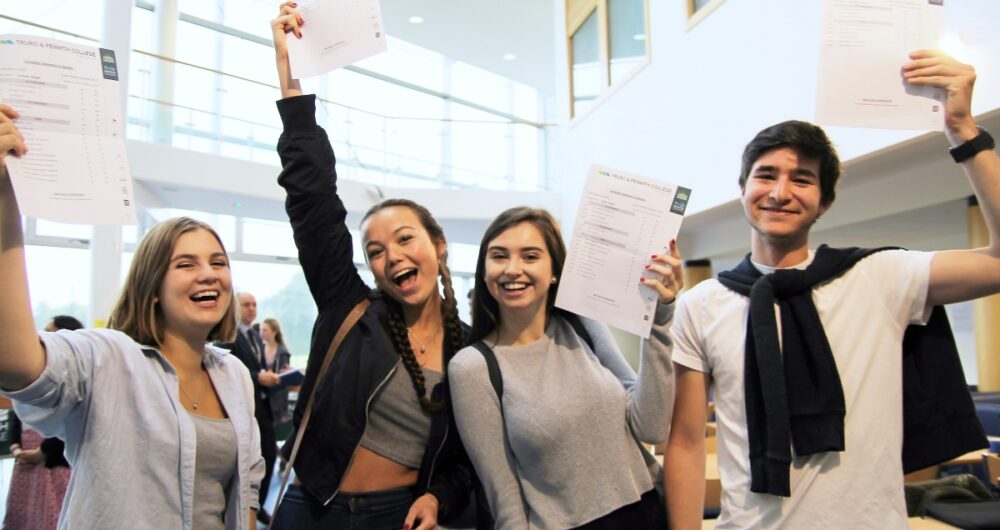A-level and GCSE students in England are being promised their final results will be no lower than their mock exams, according to the BBC.
The Department for Education announced a “triple lock” – which could boost the replacement grades for exams cancelled in the pandemic.
It means pupils getting A-level results this week can accept that grade, based on teacher estimations, or change it for a mark gained in a mock exam.
Or they can instead choose to take the exam in the autumn.
The same system will apply for GCSE results a week later.
Head teachers attacked the last-minute change as “panicked and chaotic”.
England’s Education Secretary Gavin Williamson said the extra link with mock exams would be a “safety net”.
If results are lower than students’ grades in mock exams an appeal can be made to the exam board.
It follows Scotland’s decision to switch to using teachers’ predicted grades – which will increase results in 125,000 exam entries
But head teachers’ leader Geoff Barton was highly critical of this late change – and said the marking of mock exams was not consistent enough between schools to be used to decide A-level results.
“The government doesn’t appear to understand how mock exams work. They aren’t a set of exams which all conform to the same standards. The clue is in the name ‘mock’,” said Mr Barton.
England’s exam regulator Oqual warned that relying on teachers’ predictions would unfairly inflate results.
Using teachers’ predictions would have meant about 38% of entries would have been A* or A grades this year – considerably higher than the previous record of 27%.
“Every young person waiting for their results wants to know they have been treated fairly,” said Mr Williamson.
“By ensuring students have the safety net of their mock results, as well as the chance of sitting autumn exams, we are creating a triple lock process to ensure they can have the confidence to take the next step forward in work or education”.
It is expected to be a good year for students looking for university places – with an anticipated fall in overseas students leaving many places to be filled.
Even if pupils miss their required grades places will still be available, suggested Clare Marchant of the Ucas admissions service.
“Those near-miss candidates, if they’ve dropped one or two grades, universities are being super-flexible about that,” said Ms Marchant.
Image Source: Penwith UK




